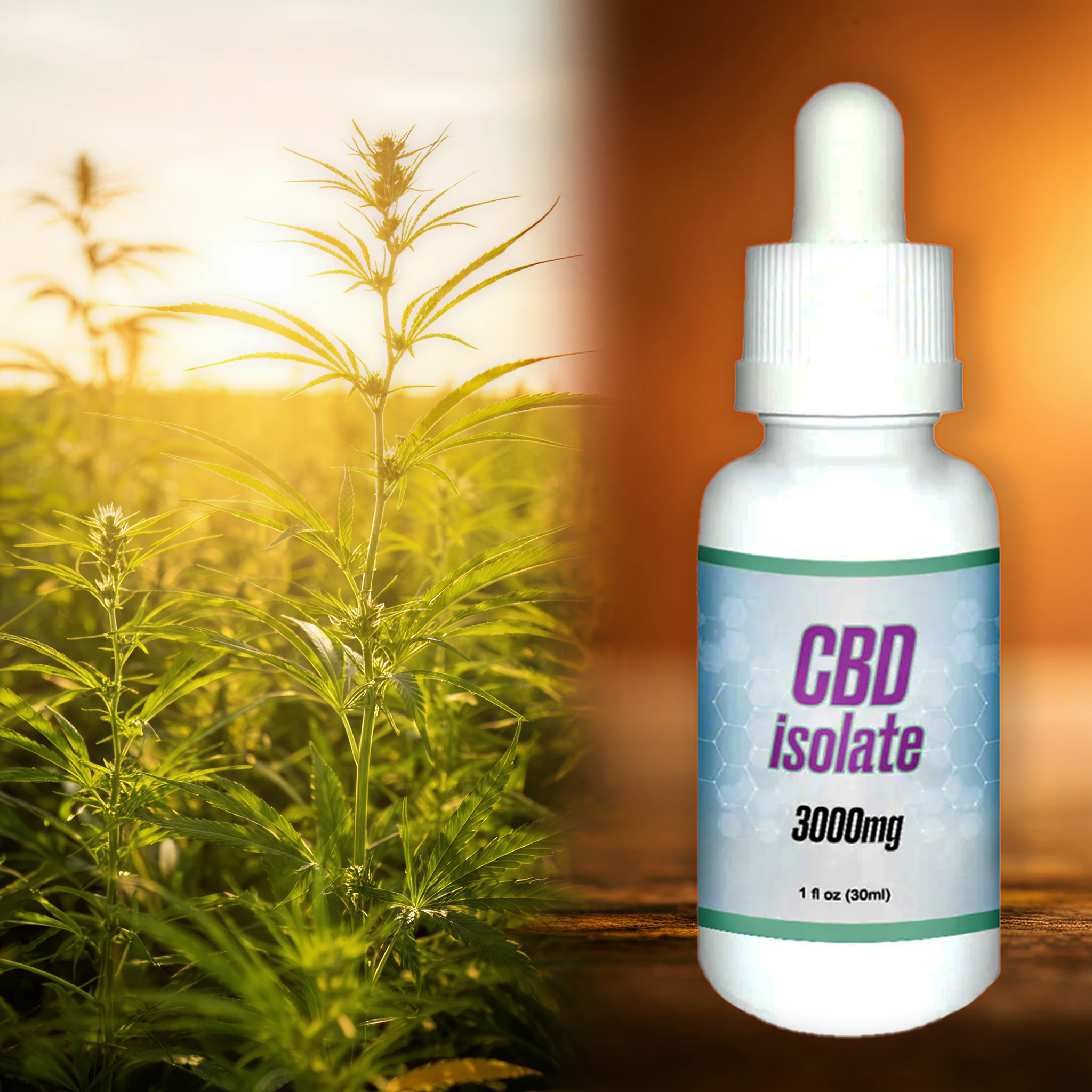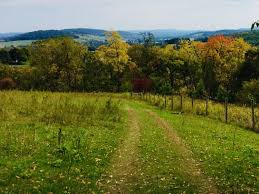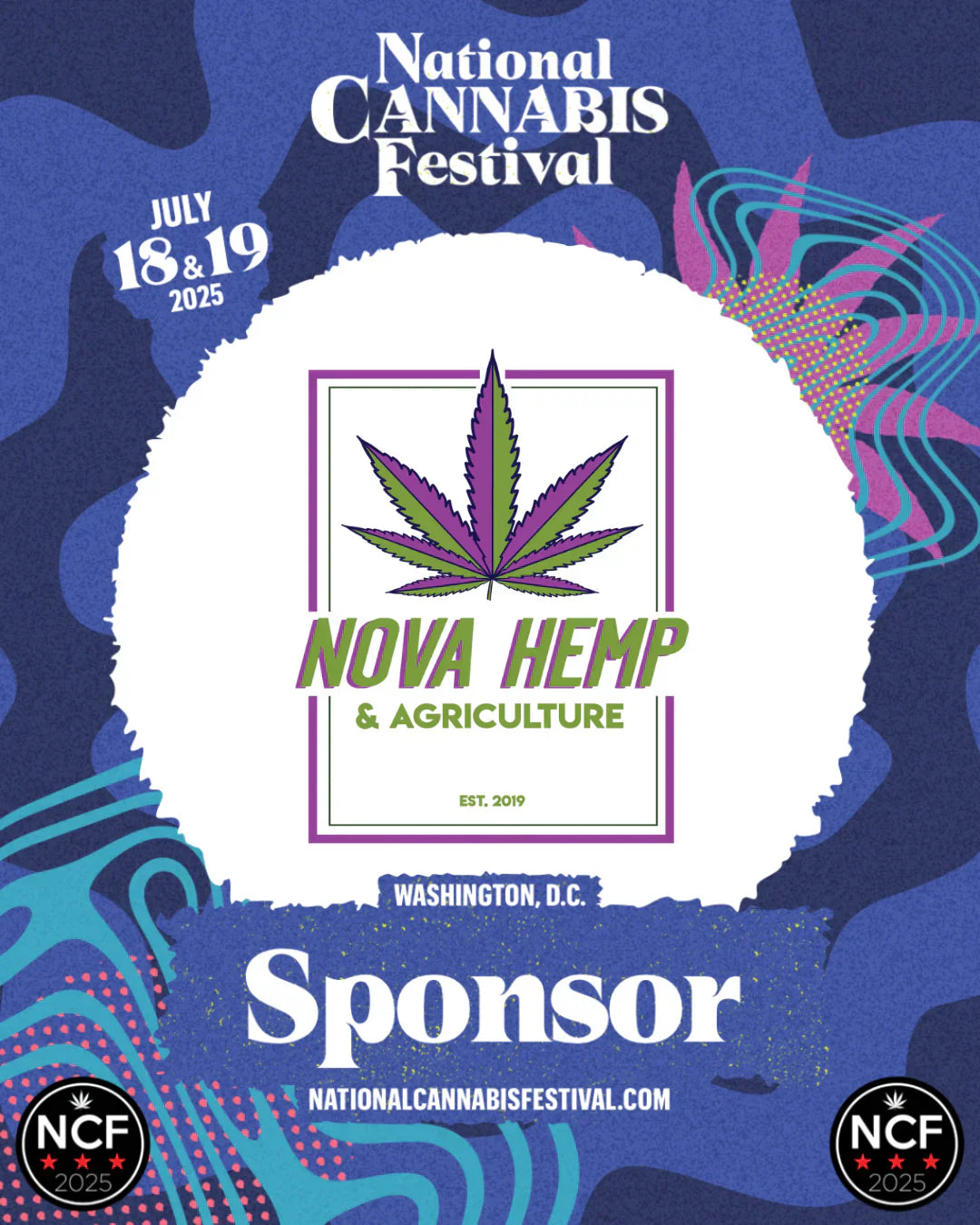Hemp and CBD are frequently used interchangeably, but they're not the same thing. This confusion leads to misunderstandings about their uses, benefits, and legal status. Understanding these differences will help you make informed decisions about which products best suit your needs.
Hemp refers to varieties of Cannabis sativa that contain 0.3% THC or less. CBD (cannabidiol) is a compound found in hemp plants. While related, they serve different purposes and offer distinct benefits. This guide breaks down everything you need to know about both.
What Is Hemp?
Hemp is a variety of Cannabis sativa specifically cultivated for industrial and commercial use. It contains minimal THC—the compound that produces psychoactive effects in marijuana.
The 2018 Farm Bill legalized hemp at the federal level, defining it as cannabis containing no more than 0.3% THC by dry weight. This distinction separates hemp from marijuana, which typically contains higher THC levels.
Hemp has been used for thousands of years. Ancient civilizations used it for textiles, rope, and food. The plant grows quickly, requires minimal pesticides, and can thrive in various climates.
Hemp Applications
Hemp serves multiple industries:
Textiles and Clothing: Hemp fibers create durable fabrics that become softer with each wash. They're naturally antimicrobial and UV-resistant.
Construction Materials: Hemp can be processed into hempcrete, a lightweight concrete alternative used in building construction.
Food Products: Hemp seeds and hemp seed oil provide protein, healthy fats, and essential amino acids. They're often used in smoothies, salads, and protein bars.
Paper and Pulp: Hemp produces more pulp per acre than trees and requires fewer chemicals to process.
Biofuel: Hemp can be converted into biodiesel and ethanol, offering renewable energy alternatives.
What Is CBD?
CBD is one of over 100 cannabinoids found in cannabis plants. Unlike THC, CBD doesn't produce intoxicating effects. It interacts with the body's endocannabinoid system, which helps regulate various bodily functions.
CBD can be extracted from both hemp and marijuana plants. However, commercially available CBD products are typically derived from hemp to comply with federal regulations.
Types of CBD Products
Full-Spectrum CBD: Contains all naturally occurring compounds in hemp, including trace amounts of THC (less than 0.3%).
Broad-Spectrum CBD: Contains multiple cannabinoids and terpenes but has THC completely removed.
CBD Isolate: Pure CBD with all other compounds removed. This form contains no THC.
CBD products come in various forms including oils, capsules, edibles, topicals, and vapes. Each delivery method affects how quickly and how long the CBD works in your system.
Key Differences Between Hemp and CBD
Source and Processing
Hemp refers to the entire plant, while CBD is an extracted compound. Hemp can be used in its natural state for many applications. CBD requires extraction and processing to separate it from other plant compounds.
Legal Status
Hemp became federally legal under the 2018 Farm Bill. CBD derived from hemp is also federally legal, but state laws vary. Some states have additional restrictions or requirements for CBD products.
Uses and Applications
Hemp has industrial, nutritional, and commercial uses beyond wellness products. CBD is primarily used for potential health and wellness benefits.
THC Content
Hemp plants contain 0.3% THC or less by federal definition. CBD products derived from hemp maintain this low THC level, though full-spectrum products may contain trace amounts.
Benefits of Hemp
Hemp offers environmental and nutritional advantages:
Sustainability: Hemp grows rapidly and improves soil health. It requires less water than cotton and can be grown without pesticides.
Nutritional Value: Hemp seeds contain complete proteins, omega-3 and omega-6 fatty acids, and minerals like magnesium and iron.
Versatility: Hemp can replace less sustainable materials in multiple industries, from textiles to construction.
Carbon Sequestration: Hemp absorbs more CO2 per hectare than most crops, making it environmentally beneficial.
Benefits of CBD
Research suggests CBD may offer several potential benefits:
Sleep Support: Some studies indicate CBD may help with sleep quality and duration.
Stress Management: CBD may help manage everyday stress and promote relaxation.
Recovery Support: Athletes and active individuals use CBD products to support post-workout recovery.
General Wellness: Many people incorporate CBD into daily wellness routines.
Note that the FDA has not evaluated these statements, and CBD products are not intended to diagnose, treat, cure, or prevent any disease.
Choosing Between Hemp and CBD Products
Your choice depends on your specific needs and goals.
Choose hemp products if you want:
- Nutritional benefits from hemp seeds or oil
- Sustainable alternatives to conventional materials
- Products with minimal processing
Choose CBD products if you want:
- Targeted wellness support
- Specific CBD concentrations
- Various delivery methods for convenience
Many people use both hemp and CBD products for different purposes. Hemp seeds might supplement your diet while CBD oil supports your wellness routine.
Quality Considerations
Whether choosing hemp or CBD products, quality matters.
Third-Party Testing: Look for products tested by independent laboratories. These tests verify cannabinoid content and check for contaminants.
Source Material: Products should come from high-quality hemp grown in optimal conditions.
Extraction Methods: CO2 extraction is preferred for CBD products as it preserves beneficial compounds without using harmful solvents.
Certificate of Analysis: Reputable companies provide certificates of analysis showing test results for each product batch.
Making Informed Decisions
Understanding the difference between hemp and CBD helps you choose products that align with your needs. Hemp offers industrial applications and nutritional benefits, while CBD provides targeted wellness support.
Both hemp and CBD products continue evolving as research advances and regulations develop. Stay informed about current laws in your state, as they may differ from federal regulations.
Quality should be your primary consideration regardless of which products you choose. Research companies, read third-party test results, and start with lower doses when trying new products.
The hemp and CBD industries will likely expand as more people discover their potential benefits. By understanding these differences, you're better equipped to navigate this growing market and find products that work for you.





Share:
Does CBD Oil Go Bad? Shelf Life & Storage Tips
Celebrate Nova Hemp at NCF 2025